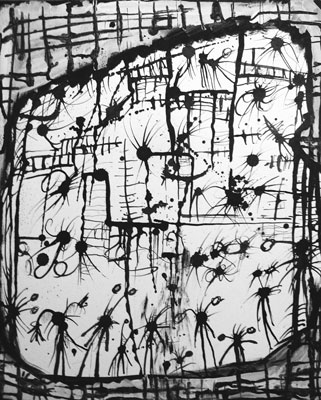All Nonfiction
- Bullying
- Books
- Academic
- Author Interviews
- Celebrity interviews
- College Articles
- College Essays
- Educator of the Year
- Heroes
- Interviews
- Memoir
- Personal Experience
- Sports
- Travel & Culture
All Opinions
- Bullying
- Current Events / Politics
- Discrimination
- Drugs / Alcohol / Smoking
- Entertainment / Celebrities
- Environment
- Love / Relationships
- Movies / Music / TV
- Pop Culture / Trends
- School / College
- Social Issues / Civics
- Spirituality / Religion
- Sports / Hobbies
All Hot Topics
- Bullying
- Community Service
- Environment
- Health
- Letters to the Editor
- Pride & Prejudice
- What Matters
- Back
Summer Guide
- Program Links
- Program Reviews
- Back
College Guide
- College Links
- College Reviews
- College Essays
- College Articles
- Back
Defining Me MAG
Three months before I left the U.S. for a one-year visit in China, I thought about leaving my friends, my house, my pet, my team – my everything. I thought about being in a country where people would call me by my real name, Yiwen, the name I was embarrassed to be called in the U.S. (I would quickly say, “I go by Rena”). But, despite my fears, I looked forward to this adventure.
Three months later, sitting in the classroom of a school in Shenzhen, I realized my biggest challenge was not getting over the grief of leaving, but adjusting to this country – my native country. I had not wondered whether I would fit in here; I had grown up speaking Chinese with my parents and was always exposed to the traditions of our culture. But as I sat amidst Chinese students, I was overcome by a strange emotion that I did not recognize at first. It was cloaked by my high expectations. I felt that I didn’t belong.
I spoke the language fluently and celebrated most Chinese holidays. But as I tried to think of something clever to say to my classmates, I could not help but feel a barrier. I spent lonely weeks feeling I lacked an identity. I touched my Chinese passport for support, like it would somehow give me a sense of belonging. I felt like Tom Hanks’ character in “The Terminal,” without a homeland and without a definition of “me.” Am I American or am I Chinese? Or am I both? As I looked into the mirror, searching for myself, I realized that the only person who can find and identify me is me.
So I started with the most basic element of Chinese culture: pop culture. I listened to Chinese music, watched Chinese TV shows, read magazines, and rented movies. Then I moved on to the politics and important aspects of the economy. And I realized that many elements of the culture are woven together just like in other countries. The politics influence the economy, the economy influences pop culture, and so on.
Slowly, I got the hang of it. It became easier to approach others. When I communicated with my peers, I understood more about the culture I was trying to grasp. Through this process, I made some strong friendships. But most importantly, I learned that I do not need a country to define who I am. I am not just Chinese or American: I am a bit of both – and more.

Similar Articles
JOIN THE DISCUSSION
This article has 6 comments.
my parents are Jamaican and when I'm around Americans I'm 'Jamaican' or if hang with Jamaicans I'm labeled 'American'
its really good to know your identity as a 1st generation American

3 articles 0 photos 172 comments